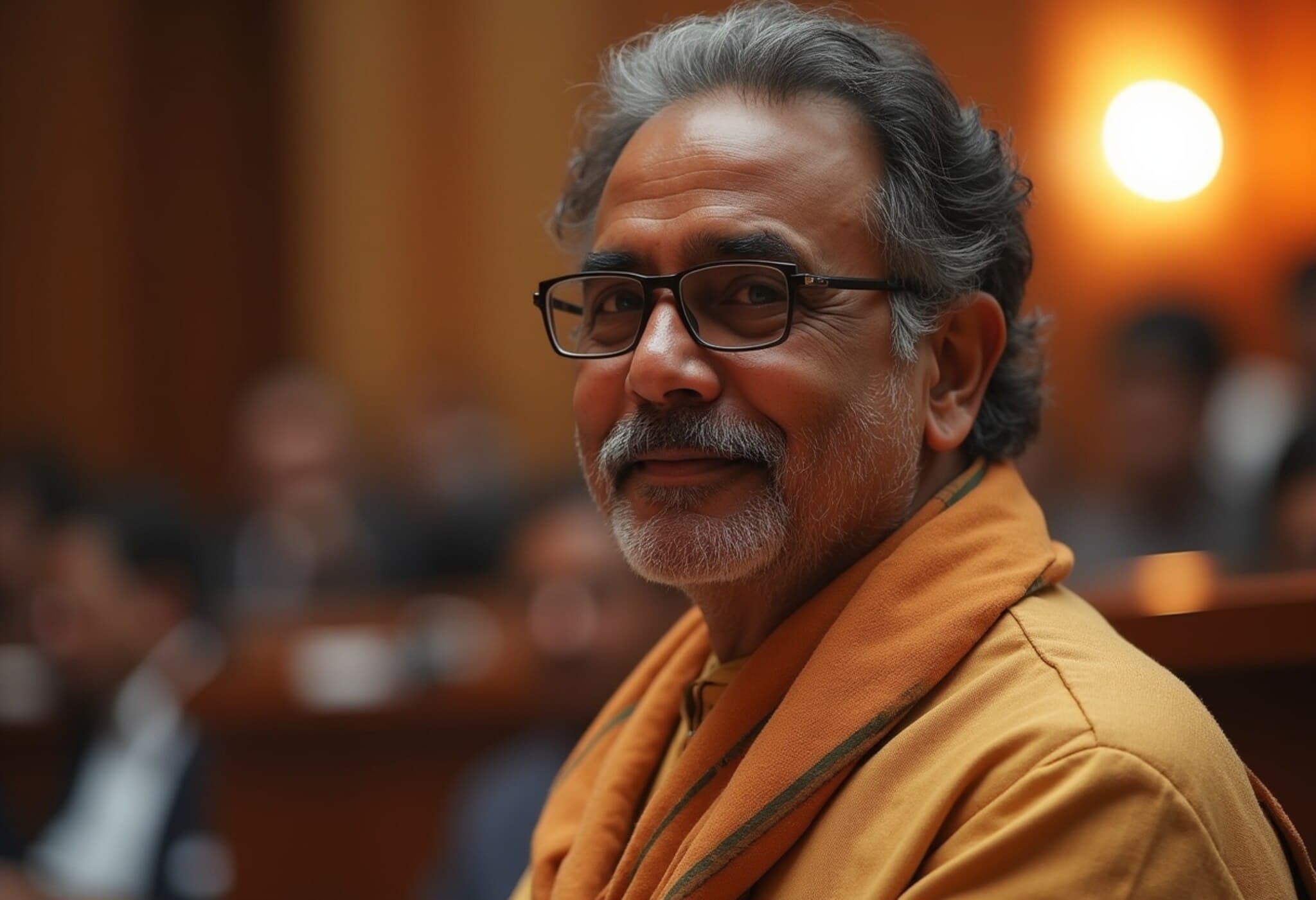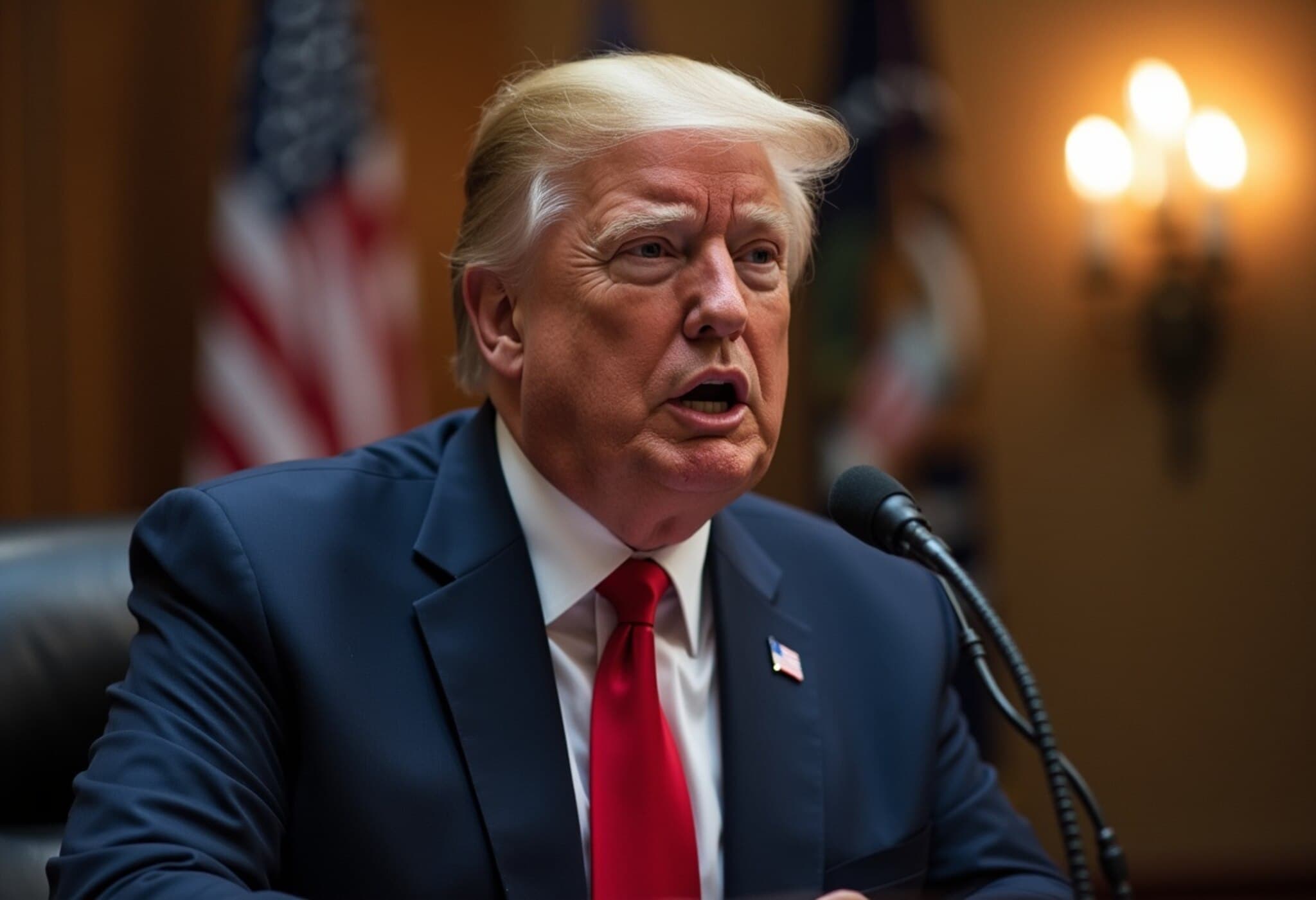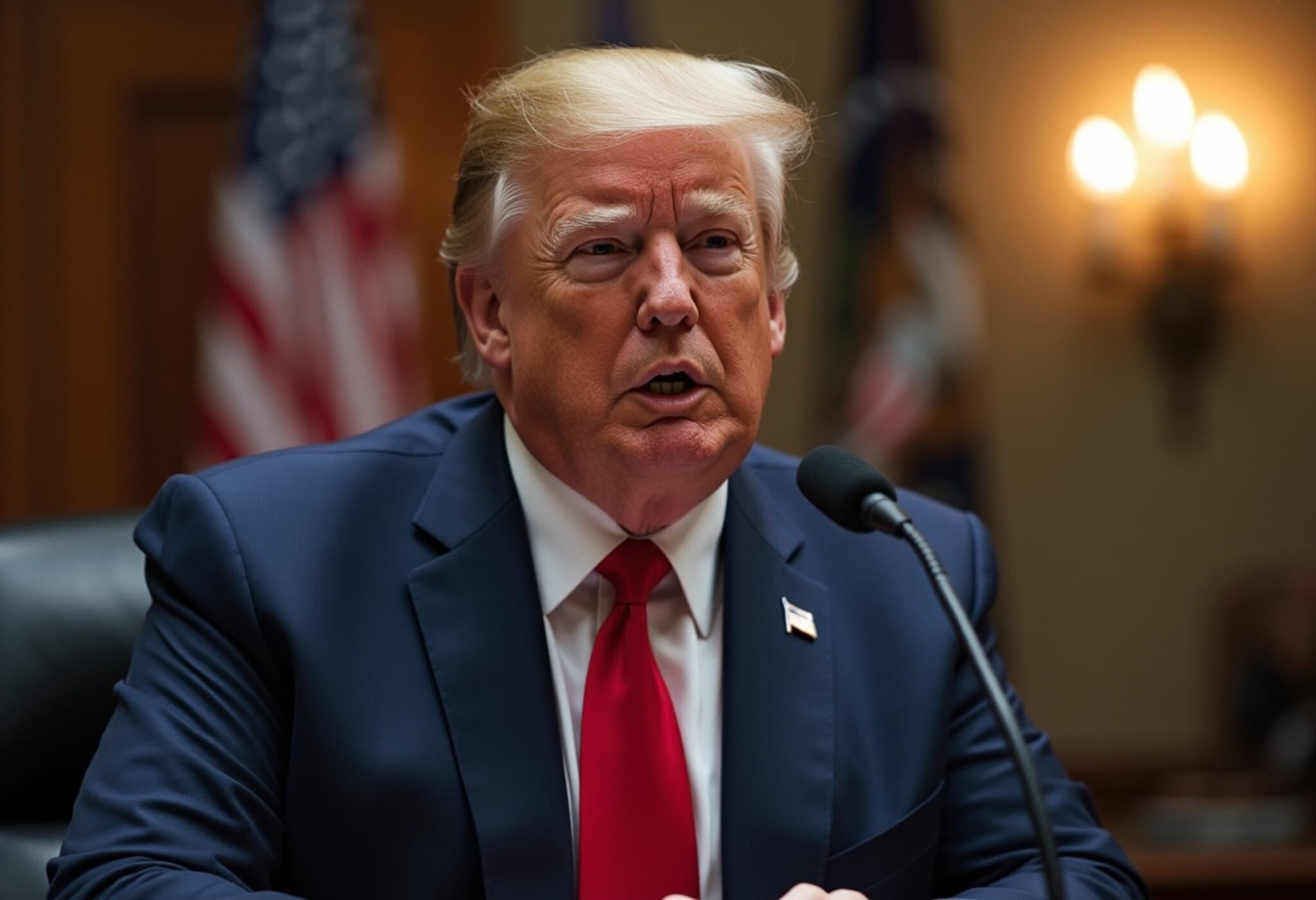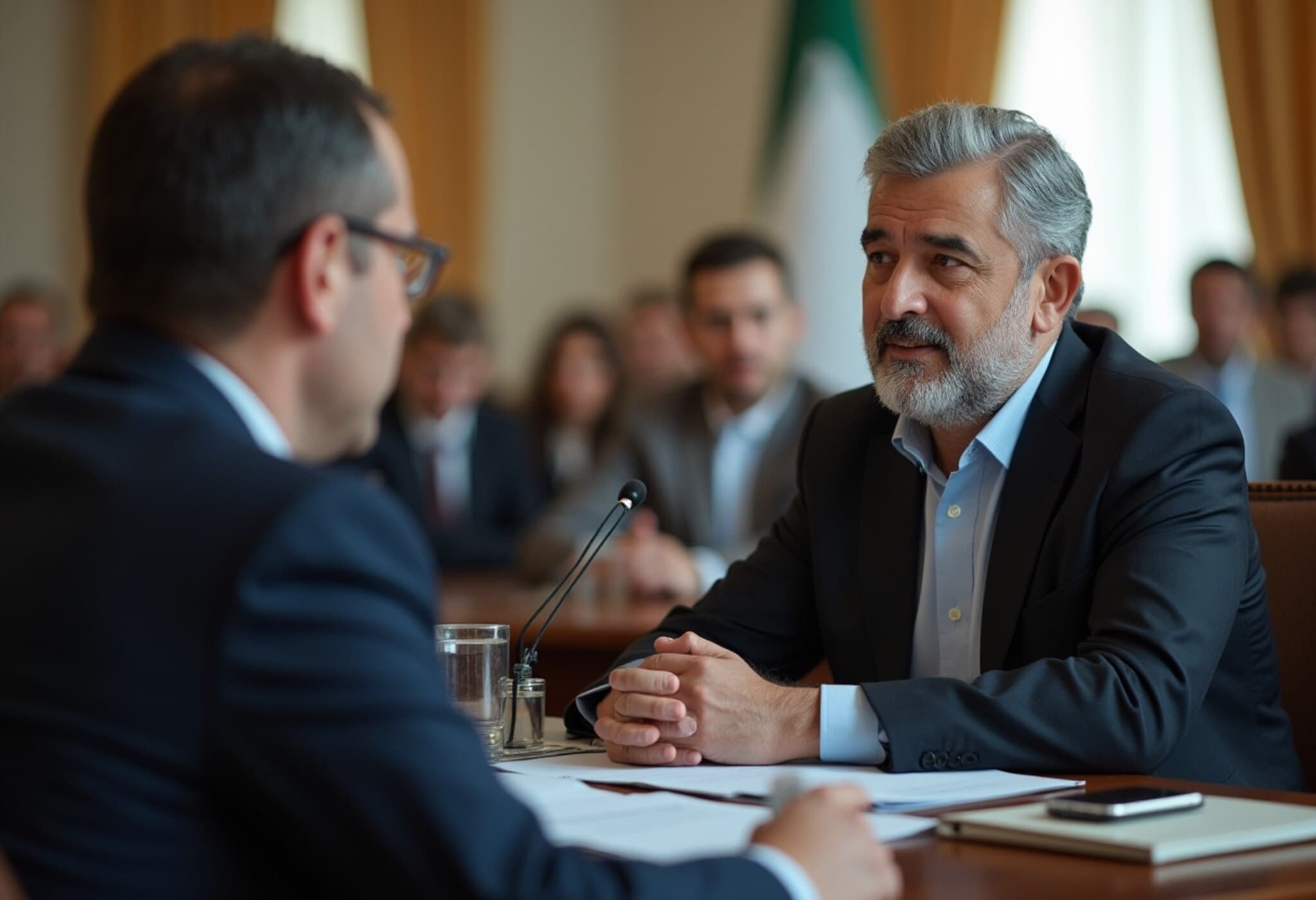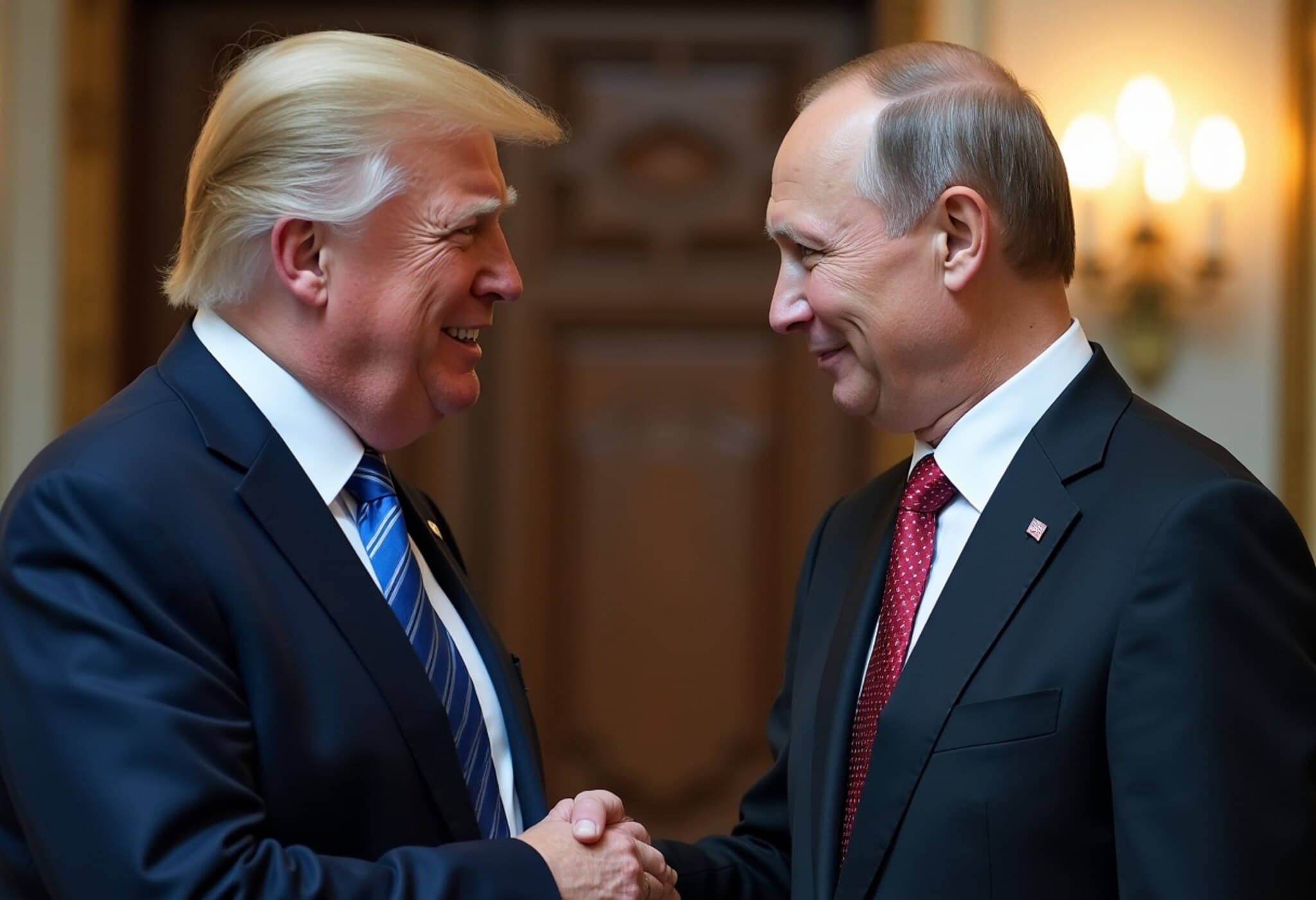Lok Sabha Speaker Forms Panel to Probe Impeachment Motion Against Former Delhi HC Judge
In a development that has stirred significant attention within India's judiciary and political spheres, Lok Sabha Speaker Om Birla has constituted a three-member committee to investigate allegations surrounding the recovery of burnt cash from the residence of former Delhi High Court judge Yashwant Varma. The probe follows an impeachment motion signed by 146 Members of Parliament which Birla has officially accepted.
The Composition and Mandate of the Investigation Panel
The panel is composed of eminent legal figures: Supreme Court Justice Aravind Kumar, Madras High Court Chief Justice Manindra Mohan Shrivastava, and renowned senior advocate B.V. Acharya. This diverse team brings together expertise from different corners of the Indian judicial system, underscoring the gravity and sensitivity of the inquiry.
Under the provisions of Article 124(4) of the Indian Constitution, the committee wields the authority to summon witnesses, require evidence, and cross-examine individuals involved. This ensures a thorough and transparent examination of the facts surrounding the cash recovery incident.
Context and Implications of the Impeachment Motion
The impeachment motion against Justice Varma, a high-profile figure in the Delhi judiciary, centers on allegations related to the discovery of burnt currency notes in his residence. While Justice Varma has publicly maintained his innocence, the acceptance of the motion by Speaker Birla and the formation of this specially tasked panel signal a rigorous institutional response.
The bipartisan support from ruling and opposition factions suggests a rare consensus on the importance of upholding judicial integrity. Should the panel find evidence supporting the charges, the motion will require approval by both Houses of Parliament, marking a significant precedent in India’s judicial accountability mechanisms.
Broader Judicial Accountability and Public Trust
This case brings to the fore challenging questions about transparency and ethical standards within the judiciary — critical pillars for the rule of law in any democracy. In the United States and other democracies, similar investigations often spark public debate about judicial oversight and the balance between independence and accountability.
For India, where recent years have seen increased scrutiny over institutional checks and balances, this investigation tests the system’s robustness in policing its own ranks without compromising judicial independence. The unfolding inquiry will undoubtedly be closely watched by legal experts, policymakers, and citizens invested in the health of India’s democracy.
Looking Ahead: What to Expect Next?
- Transparency in proceedings: The committee’s approach to evidence and public communication will play a critical role in maintaining stakeholder trust.
- Potential political ramifications: Given the cross-party backing, the outcome could influence the political landscape, judicial reforms, and public perceptions.
- Precedent-setting consequences: Its findings might redefine norms around impeachment procedures for judges in India.
As this investigation progresses, the judiciary’s commitment to accountability while safeguarding its independence will be a key narrative to observe.
Editor’s Note
The formation of a high-profile panel to investigate a former High Court judge is more than just a procedural step—it highlights the evolving dynamics of judicial accountability in India. While allegations of financial impropriety in judicial offices can erode public trust, India’s constitutional framework provides a robust mechanism for redressal. Yet, questions remain: Can such processes balance accountability without jeopardizing judicial autonomy? How will this impact future benchmarks for ethical standards within the judiciary? This case serves as a reminder that maintaining the rule of law is not only about laws themselves but about how institutions self-regulate with transparency and integrity.

